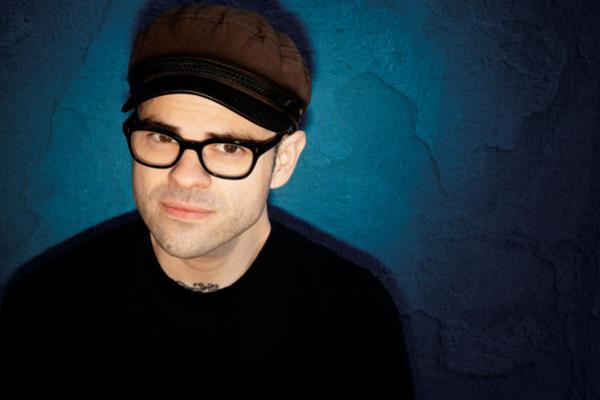May 3, 2013
The day Franklin Graham was born, he received a telegram.
“Welcome to this sin-sick world,” the Western Union message said, “and to the challenge you have to walk in your daddy’s footsteps.”
It didn’t take long for Graham, the son of famed evangelist Billy Graham, to realize that being a preacher’s kid would be both a blessing and a burden.
“I love my parents,” Graham said in a recent interview, “but there came a time where I couldn’t let my parents live my life.”
Read the Full Article

Already a subscriber? Login
